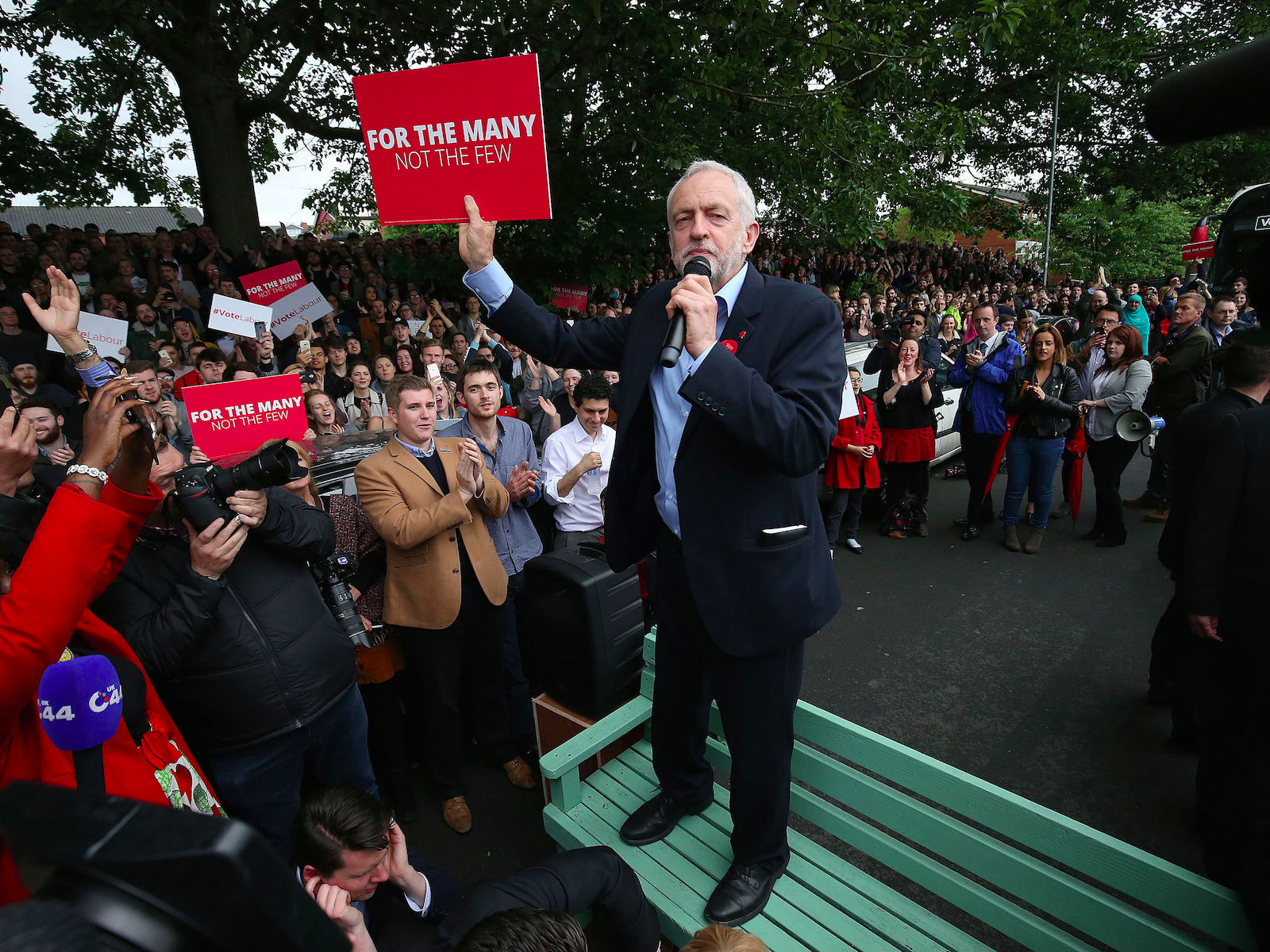LONDON – Labour leader Jeremy Corbyn wants to introduce a “Robin Hood Tax” should his party come into power – but the plan is already facing a backlash.
The tax is meant to re-distribute wealth from rich bankers and investors to those in need. But a whole range of financiers have warned that the tax will hit pensioners in the pocket – not just the bankers or richest 1% in Britain as Corbyn intends.
‘Robin Hood Tax’ explained
Labour pledged in its manifesto to impose a “Robin Hood Tax”, more formally known as the Financial Transaction Tax (FTT). It would mean adding a small percentage tax onto the sale of some shares, bonds, and derivatives.
It was dubbed the “Robin Hood Tax” because it is meant to steal from the rich, to give to the poor – like the childhood tale.
FTT was really first floated around 2011 when the European Commission wanted to make all 28 member states adhere to a system where financial firms would be charged around 0.1% against the exchange of shares and bonds and 0.01% across derivative contracts. It is still unclear whether a financial transaction tax is compatible with European law. Former Chancellor George Osborne filed a lawsuit against it as he said it would hurt Britain disproportionately, given the large financial centre in London.
'People who will end up paying this are pension schemes'
Corbyn wants to implement FTT to help tackle tax loopholes and raise money for the country, he says. It would hit the institutions that exchange financial products or traders who deal with their own cash.
However, financiers and politicians are highlighting the same arguments that dogged FTT proposals from years ago, claiming it will actually hurt "ordinary people."
Dean Wetton, the founder of investment consultancy Dean Wetton Advisory, said in the Telegraph: "People who will end up paying this are pension schemes, the members of which are the very people they are trying to help. My wish would be a comprehensive simplification of tax that considered wealth, income and consumption in the round."
Pension funds take all the money that people and their employers invest in pension schemes and invest it, hoping to make a rate of return that will cover future payouts. The vast majority of pension money is invested in stocks and bonds.
Laith Khalaf, a senior analyst at Hargreaves Lansdown, told the Telegraph: "A lot of money invested in the City is done by pension savers. It's very difficult to add a tax like that into the system without ultimately hitting consumers in the pockets, as all of our pensions are invested into the stock market."
You can read the full Telegraph report here.
These arguments are not new. Back in 2013, independent economic consultancy Oxera warned that the FTT will end up "affecting transactions undertaken by pension funds and would reduce the returns of pension products."
The same year, the Association for Financial Markets in Europe said that the FTT would actually reduce the total tax revenues from the economy - not increase it.

